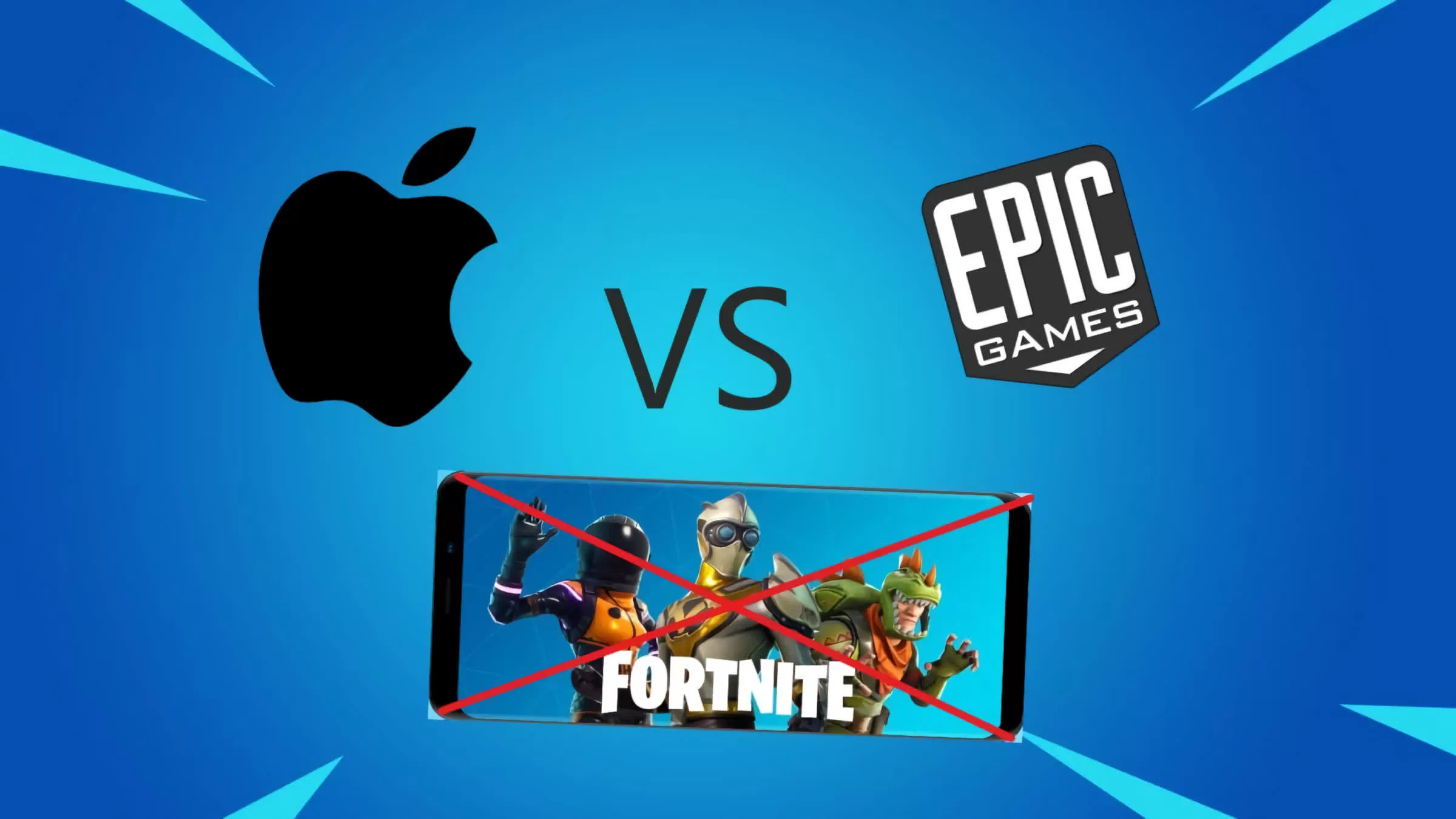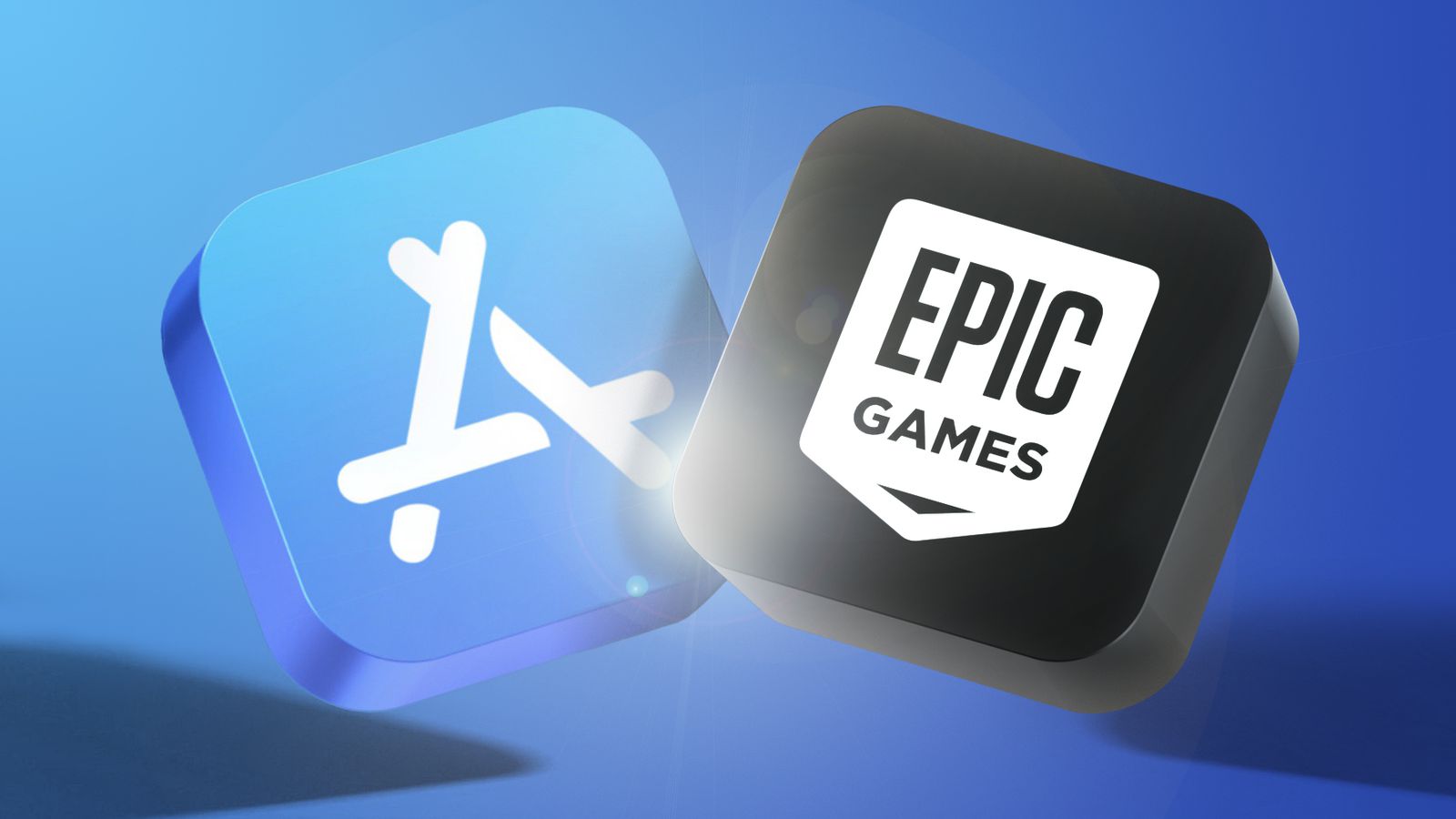In a recent opinion issued by the U.S. Ninth Circuit Court of Appeals, Apple has emerged victorious in its antitrust-focused legal dispute with Fortnite maker Epic Games over its App Store policies.
The appeals court upheld the district court’s previous verdict regarding Epic Games’ antitrust claims, which largely favored Apple. Nonetheless, the court also confirmed the lower court’s ruling in favor of Epic under California’s Unfair Competition Law.
Epic Games had hoped to demonstrate in its appeal that Apple had acted unlawfully by limiting app distribution on iOS devices to its App Store, which mandated that payments be processed through its own processor while prohibiting developers from communicating alternative ways to pay to customers.

Apple, in response to the court’s ruling, released a statement saying that it is “proud of the profound contributions the App Store has made to both users and developers worldwide.” Apple’s statement also mentions that the company is considering further review of the court’s decision on the one remaining claim under state law that went against the tech giant.
For Epic Games and other developers, this ruling is a significant setback, as they had hoped that the court’s decision would establish a precedent for further antitrust claims and require Apple to open up iOS devices to third-party app stores and payment systems.
In 2020, Epic Games had initially sued Apple after intentionally violating the App Store terms over in-app purchases, forcing Apple to remove Fortnite from the App Store.
Apple prevailed at the 9th Circuit Court. Though the court upheld the ruling that Apple's restraints have "a substantial anticompetitive effect that harms consumers", they found we didn't prove our Sherman Act case.
— Tim Sweeney (@TimSweeneyEpic) April 24, 2023
While the judge had ruled in Apple’s favor, stating that it was not acting as a monopolist, the court did side with Epic Games regarding Apple’s anti-steering policies that limited in-app purchases. Consequently, Apple can no longer prevent developers from pointing users to other means of payment.
Apple has emerged victorious in its appeal court battle against Epic Games over the former’s App Store policies.
Epic Games’ Antitrust Allegations
The US Ninth Circuit Court of Appeals has issued its verdict on the legal dispute between Apple and Epic Games, largely supporting the district court’s previous ruling in favour of Apple.
The appeals court confirmed that Epic Games did not have a valid antitrust claim against Apple and rejected its argument that Apple’s App Store policies were illegal. However, the court also agreed with the district court’s decision that Epic Games had a valid claim under California’s Unfair Competition Law.
The appeals court also found that the district court had made mistakes in defining the relevant antitrust market and in ruling that Apple’s Developer Program Licensing Agreement was outside the scope of the Sherman Act.
However, the court concluded that these errors were not significant and did not affect the overall outcome of the case. The court said that Epic Games had not demonstrated its proposed market definition and failed to show any alternative means for Apple to accomplish its procompetitive justifications for the App Store’s ecosystem.

While the court acknowledged that these contracts could be subject to a Sherman Act claim, it deemed it irrelevant to the case. The ruling means that the anti-steering changes that the district court had ordered would once again be required. Apple has not yet appealed this part of the decision and is expected to weigh its options before making a determination.
In a positive development for Apple, the appeals court ruled that the district court had made an error when it decided that Apple wasn’t entitled to attorney fees related to the DPLA breach of contract claims.
Epic Games has responded to the verdict, with its founder and CEO Tim Sweeney stating that the ruling frees iOS developers to send consumers to the web to do business with them directly there. He also added that the company is working on its next steps.
The decision represents a significant setback for Epic Games and other developers hoping to set a precedent for antitrust claims and requiring Apple to open iOS devices to third-party app stores and payment systems. Epic had originally sued Apple in 2020 after it forced Apple to remove Fortnite from the App Store when it intentionally violated the store’s terms over in-app purchases.












